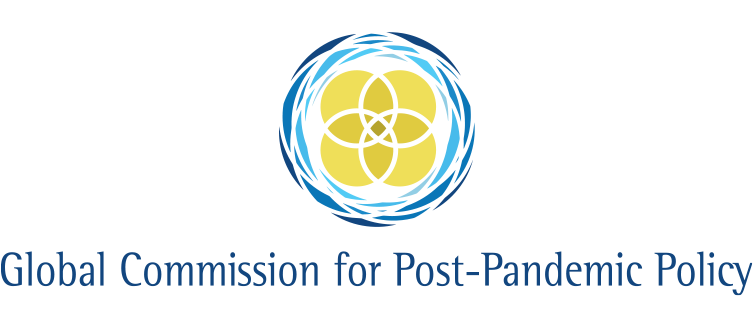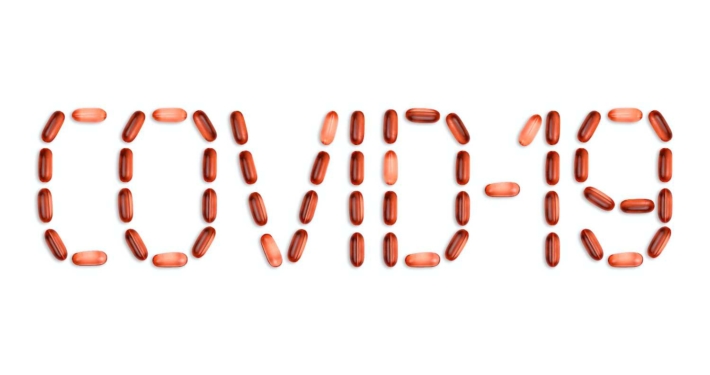The Pandemic, week to July 23rd
Health
The number of confirmed COVID-19 cases recorded worldwide continued to rise this week—albeit at a notably slower rate. The slowing rate of new infections is being driven by a stabilising situation in north and southern Africa as well as in southeast Asia.
The wave in Europe continues unabated, however. In the United Kingdom, cases continue to rise despite high vaccination rates—with hospital admissions now beginning to rise too, albeit more slowly than in previous waves. There has yet to be a spike in deaths. On the continent, cases are rising across western Europe—especially in France, Italy and Germany—as well as in the Balkan states. The same is true for the Middle East and central Asia, with cases soaring in Iran, Turkey and Israel as well as Georgia, Armenia and Kazakhstan.
In North America, cases are spiking in some parts of the United States—with Canada so far largely spared. The latter is also true of Latin America, where cases are almost uniformly declining—with Mexico, Belize and Cuba the only exceptions. Finally, in Oceania, an escalating situation in Australia has driven infection rates to their highest point of the pandemic.
day+rolling+average&Relative+to+Population=false&Align+outbreaks=false&country=Asia~South+America~Africa~North+America~Oceania~Europe~OWID_WRL&hideControls=true” loading=”lazy” style=”width: 100%; height: 600px; border: 0px none;”>
The European Union is rapidly catching up with vaccination levels in the United Kingdom and the United States. The Spanish government has now fully vaccinated a greater proportion of its population than America and is effectively level with the United Kingdom. Germany is not far behind, and is on track to be fully vaccinated at a similar time to the United Kingdom should its current rate of vaccination continue. These milestones reflect not only the impressive vaccine roll-out of the European Union in recent months, but also the slowing rate of vaccination in the United States and Great Britain.
In a reflection of Europe’s vaccine progress, European Commission President Ursula von der Leyen announced the bloc’s intention to double the number of coronavirus vaccines it will donate to low-to-middle income countries by the end of the year. That lifts the figure to 200 million doses. The donations will largely be distributed through the COVAX Facility, the joint-World Health Organisation (WHO) initiative for supplying to poorer world nations. That is good news, because the COVAX Facility appears set to under-deliver on its 2021 forecasts by 24.3%, according to estimates by Airfinity.
A new study in China has begun to reveal why the Delta variant is more than twice as transmissible as the original strain, according to current estimates. The Delta variant seems to have a shorter incubation period than the original virus strain—roughly four days, rather than six. More importantly, however, the Delta variant appears to dramatically increase the ‘viral load’ in infected patients—the number of virus particles an infected body produces (and consequently sheds). The study suggests that individuals infected with the Delta variant can generate viral loads up to 1,260 times higher than in people infected with the original strain.
In the United States, President Joe Biden intimated his expectations that the Food and Drug Administration (FDA) will start to give final approval to the various coronavirus vaccines from the end of August. The FDA has so far only granted emergency-use authorisation for coronavirus vaccines— a designation that some experts worry contributes to persistent levels of vaccine hesitancy. The President also said that he expects children below the age of 12 to be eligible for at least some coronavirus vaccines soon.
Economy
The United States Department of Labour reports that new unemployment claims jumped last week to 419,000—51,000 more than the previous week. The hiccup ends a long stretch of falling jobless claims numbers. Nevertheless, jobless claims overall have fallen by more than 40% since early-April—but are still well above pre-pandemic levels.
The monetary policy committee of the European Central Bank (ECB) met this week for the first time followingthe unveiling of a new policy strategy earlier this month. Most consequentially, the central bank introduced a new symmetric inflation target of 2%—meaning both deviations above and below a 2% rate of inflation are now viewed as equally undesirable. The effect of the change in policy was immediately visible, with ECB President Christine Lagarde vowing not to raise interest rates until the monetary authority saw inflation remaining durably above 2% over the medium term.
The Central Bank of the Russian Federation significantly raised interest rates, from 5.5% to 6.5%—the fourth such rate-hike this year. The move reflects concerns by senior policy-makers, including central bank governor Elvira Nabiullina, that the current burst of inflationary pressure—6.5% year-on-year in June—will prove persistent. These concerns are shared by other emerging market economies too. All of Brazil, Chile, Mexico, the Czech Republic and Hungary have recently raised interest rates for similar reasons.
The Organization of Petroleum Exporting Countries (OPEC) and its allies (chiefly Russia) finally reached an agreement on expanding oil production after a two-week stand-off between the United Arab Emirates (UAE) and Saudi Arabia. The agreed compromise will see OPEC+ pump an extra 400,000 barrels of oil a day each month from August. The change should ease inflationary pressures somewhat, which have been driven significantly by rising oil prices.
Politics
Comments made by WHO Director General Tedros Adhanom Ghebreyesus last week in support of further investigation into the origins of the coronavirus pandemic in Wuhan, China—including opening up the Wuhan Institute of Virology to renewed investigation—have been met with shock and offense by senior Chinese health and science officials. “I could feel that this plan revealed a lack of respect for common sense and an arrogant attitude toward science,” said Zeng Yixin, deputy minister of the Chinese National Health Commission. “We can’t possibly accept such a plan for investigating the origins [of the pandemic].”
On July 23rd the 2020 Tokyo Summer Olympics began, with an impressive but sombre opening ceremony and with the Japanese-Haitian tennis star Naomi Osaka lighting the Olympic flame. The organisers confirmed that 58 people—athletes, officials, media and contractors—have already tested positive for the coronavirus since July 1st. Earlier this week, two South African football players become the first athletes in the Olympic Village to contract the virus. The British Olympic Association (BOA) says that six athletes and two staff members in its athletics team are also isolating following a confirmed case on their flight to Japan. The Japanese public’s antipathy towards the games has remained high, stoked by intense media coverage of foreign visitors breaking coronavirus restrictions.
The Prime Minister of Australia Scott Morrison publicly apologised for continued delays in the country’s vaccination programme. The comments came amid mounting pressure on the government to take some responsibility for the spiralling infection rates in the country, with more than half of Australians currently under lockdown. In a signal of the seriousness of the situation, New Zealand Prime Minister Jacinda Ardern announced that her country will be pausing quarantine-free travel from Australia for at least eight weeks, citing the escalating outbreak.
The online video-sharing platform YouTube removed 15 videos posted by Brazilian President Jair Bolsonaro. In a statement, YouTube explained that the relevant videos violated the platform’s policies on coronavirus vaccine misinformation, including the promotion of unproven treatments to the coronavirus. The move by YouTube follows in the wake of actions taken last by both Facebook and Twitter to clamp down on posts made by the Brazilian president peddling hydroxychloroquine as a cure for the virus.
GCPPP Newsletter
We now publish a weekly newsletter to inform friends and supporters of the Global Commission’s progress and to provide updates when new content is published. Please sign up here:


 Volodymyr Hryshchenko, Unsplash
Volodymyr Hryshchenko, Unsplash
 Adam Nieścioruk, Unsplash
Adam Nieścioruk, Unsplash
 visuals, Unsplash
visuals, Unsplash

 Photo by Sean Robertson on Unsplash
Photo by Sean Robertson on Unsplash